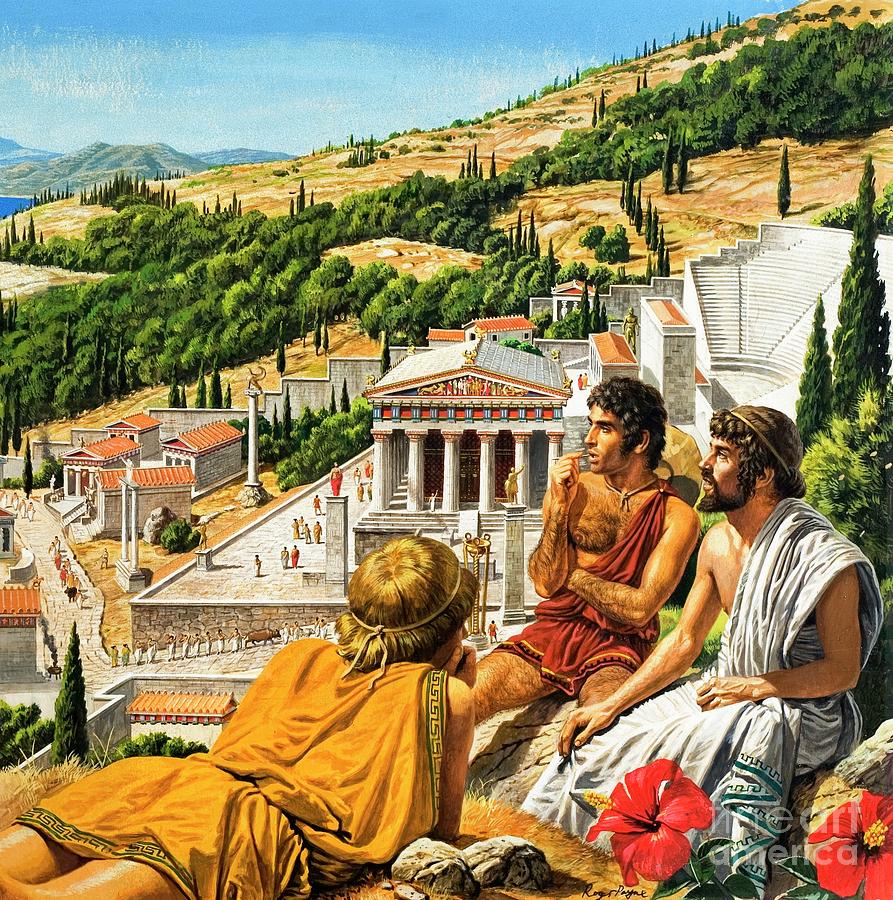
Ancient Greece Scene Painting by Roger Payne Pixels
Fusis, Phusis or Physis ( / ˈfaɪˈsɪs /; Ancient Greek: φύσις [pʰýsis]) is a Greek philosophical, theological, and scientific term, usually translated into English —according to its Latin translation "natura"—as "nature". The term originated in ancient Greek philosophy, and was later used in Christian theology and Western philosophy.

Ancient Greece Wallpapers Wallpaper Cave
January 1, 2023 by Richard When it comes to the Greek gods and goddesses, there are a number of deities that represent nature in various ways. Therefore, the question of "who is the Greek goddess of nature?" is not so simple to answer. Read on to discover the different portrayals of mother Earth in Greek mythology. Primordial Deities and Nature

Ancient Greek Wallpaper (58+ images)
The Antikythera Mechanism, an ancient Greek astronomical calculator, has challenged researchers since its discovery in 1901. Now split into 82 fragments, only a third of the original survives,.
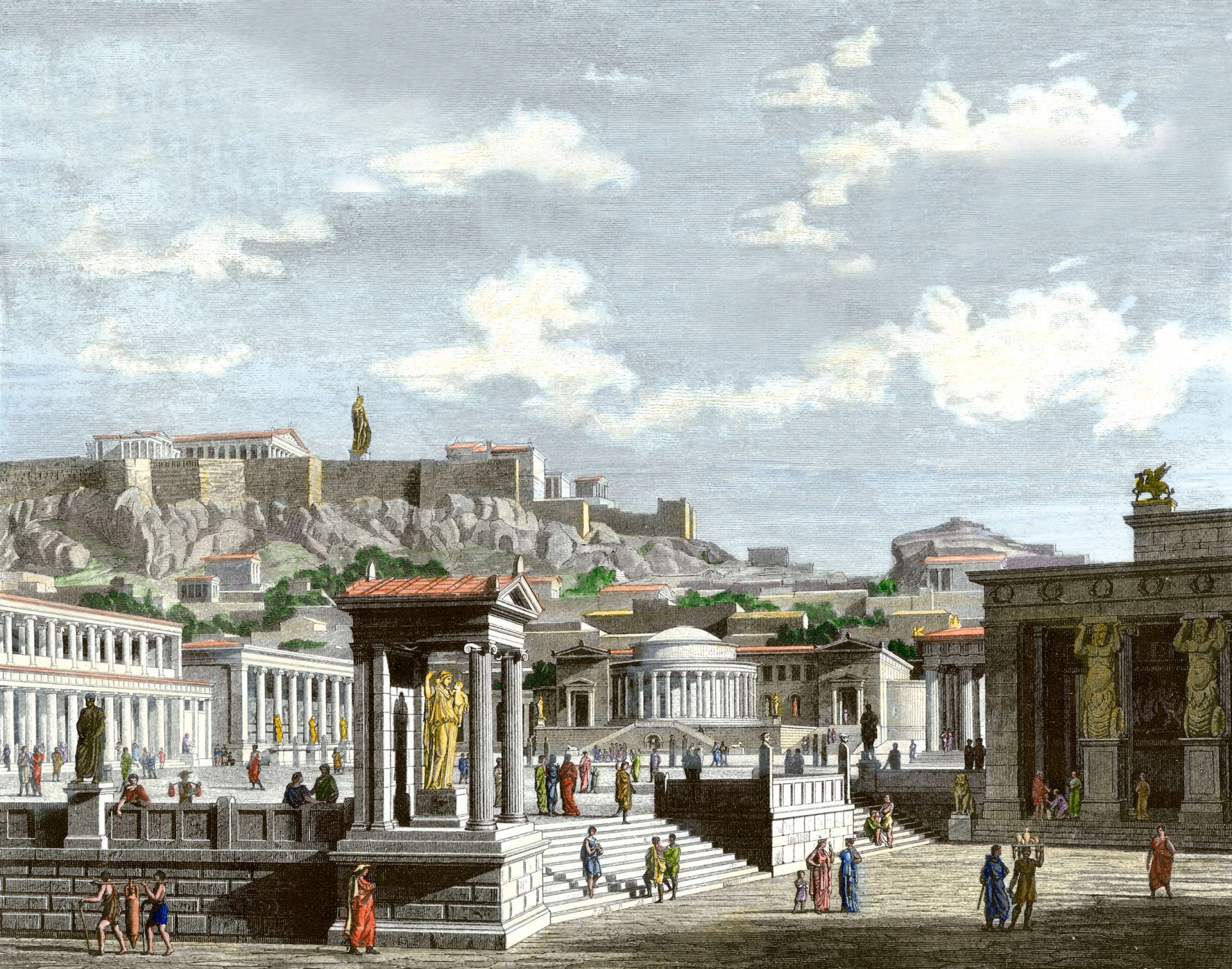
Ancient Athens Facts About Ancient Athens DK Find Out
The beginnings of the natural science that Harvey's creative genius advanced so dramatically can be traced to sixth century bce Greece, where, in the space of a few generations, a handful of presocratic philosophers built upon the earlier mathematics and technology of the Babylonians and Egyptians to make what may be regarded as the only true "d.
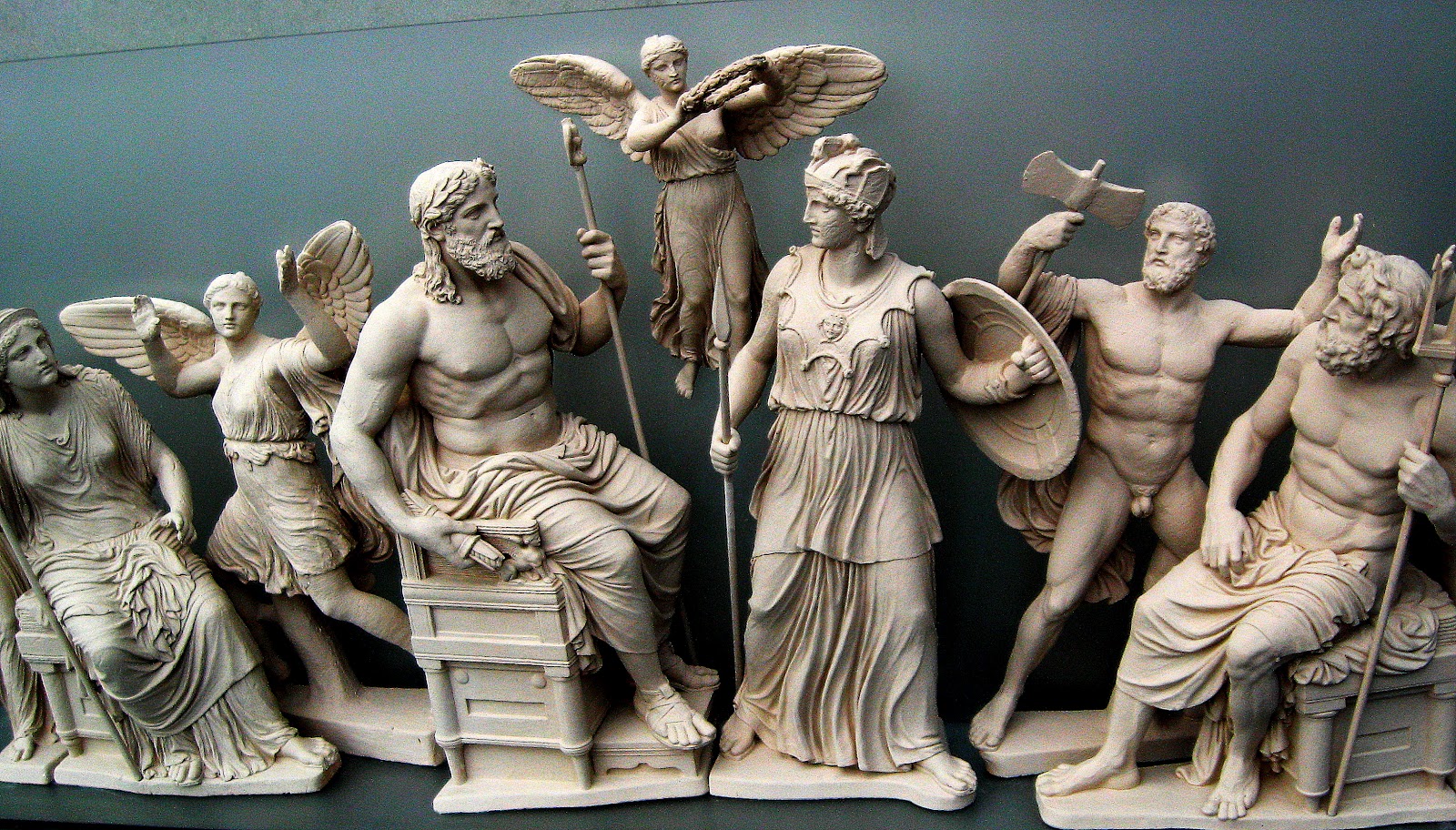
Theseus Aegean The Nature of the Greek Gods
The Ancient Greeks and Nature It should be recalled that the foundations of the classical physical sciences, mathematics and geometries can be traced back to the ancient Greek philsophers and sages whose recorded wisdoms and writings were rediscovered after the Dark Ages, and upon whose philosophies and sciences the emerging western civilisation sought to rebuild knowledge "anew".
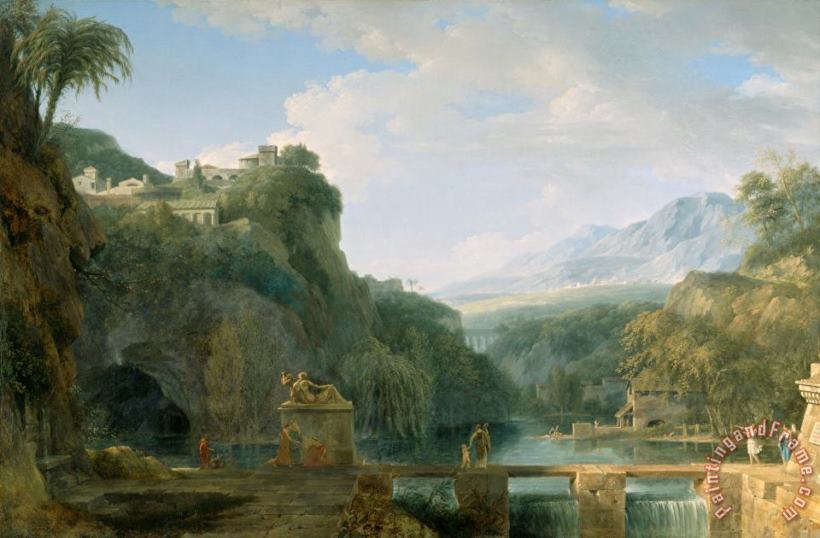
Pierre Henri de Valenciennes Landscape of Ancient Greece painting Landscape of Ancient Greece
The ancient Greeks believed that everything from the air to the earth to individual rivers was under the control of the gods. Due to their polytheistic worldview, most of their myths concerning the relationship between human beings and nature involved the gods.

Free Images nature, antique, village, stone wall, tourism, stairs, ruins, greece, leave
Classical antiquity is traditionally defined as the period between 8th century BC and the 6th century AD, and the ideas regarding nature that were theorized during this period were not limited to science but included myths as well as religion.

Greek, Architecture, Building, Greece, Ancient, Temple of Poseidon, Trees Wallpapers HD
1200 BCE - 323 Major Events: Hellenistic age Greco-Persian Wars Peloponnesian War Classical antiquity Battle of Thermopylae (Show more) Key People: Aristotle Socrates Plato Euripides Pericles Related Topics: Olympic Games Greek religion Greek mythology

Athens Crowning Glory by Roger Payne at the Illustration Art Gallery Ancient greek city
This chapter examines the role of the natural world in ancient Greek literature and philosophy by way of Schiller's claim, in "On Naïve and Sentimental Poetry," that there was a transformation of the Greek relationship to Nature in the Hellenistic period.

Greece natural landscapes and nature objects
BMCR 2005.09.49 The Greek Concept of Nature Gerard Naddaf , The Greek concept of nature . SUNY series in ancient Greek philosophy . Albany, NY: State University of New York Press, 2005. 1 online resource (x, 265 pages) : illustrations.. ISBN 1423743873 $70.00.
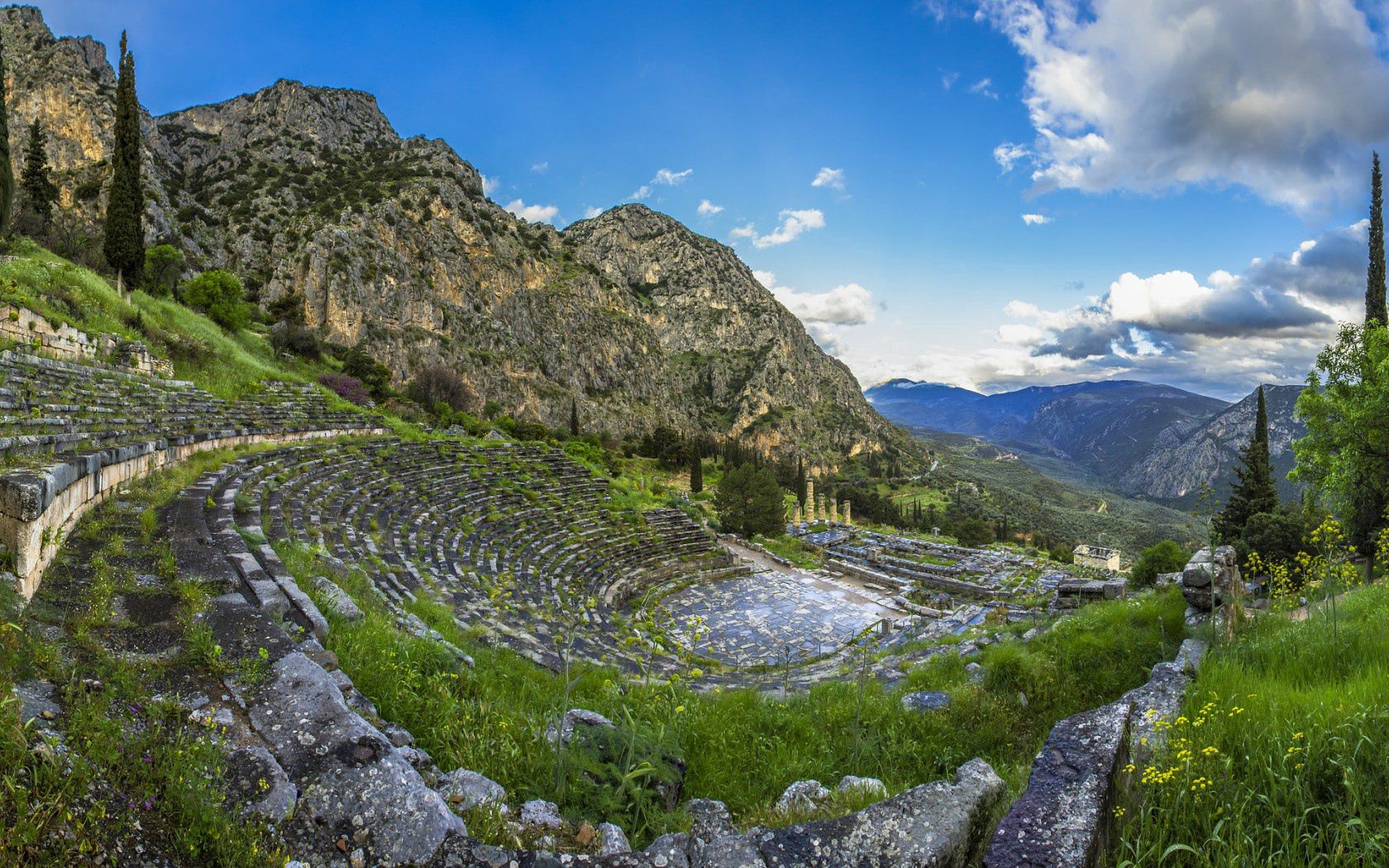
Природа Древней Греции Картинки Telegraph
Ancient Greece ( Greek: Ἑλλάς, romanized : Hellás) was a northeastern Mediterranean civilization, existing from the Greek Dark Ages of the 12th-9th centuries BC to the end of classical antiquity ( c. 600 AD ), that comprised a loose collection of culturally and linguistically related city-states and other territories.

Ancient Greek life and calture YouTube
Plato, the ancient Greek philosopher, wrote of a great civilization called Atlantis founded by a race of people who were half god and half human. They lived in a utopia that held great naval power.

Free Images landscape, nature, rock, structure, sky, arch, column, scenic, landmark, place of
Phusis is the ancient Greek word for "nature," cognate with the verb "to grow" ( phuein ); as in English, it can be used both for the natural world as a whole and for the "nature" (i.e., the essential or intrinsic characteristics) of any particular thing, which it has "by nature" ( phusei ).
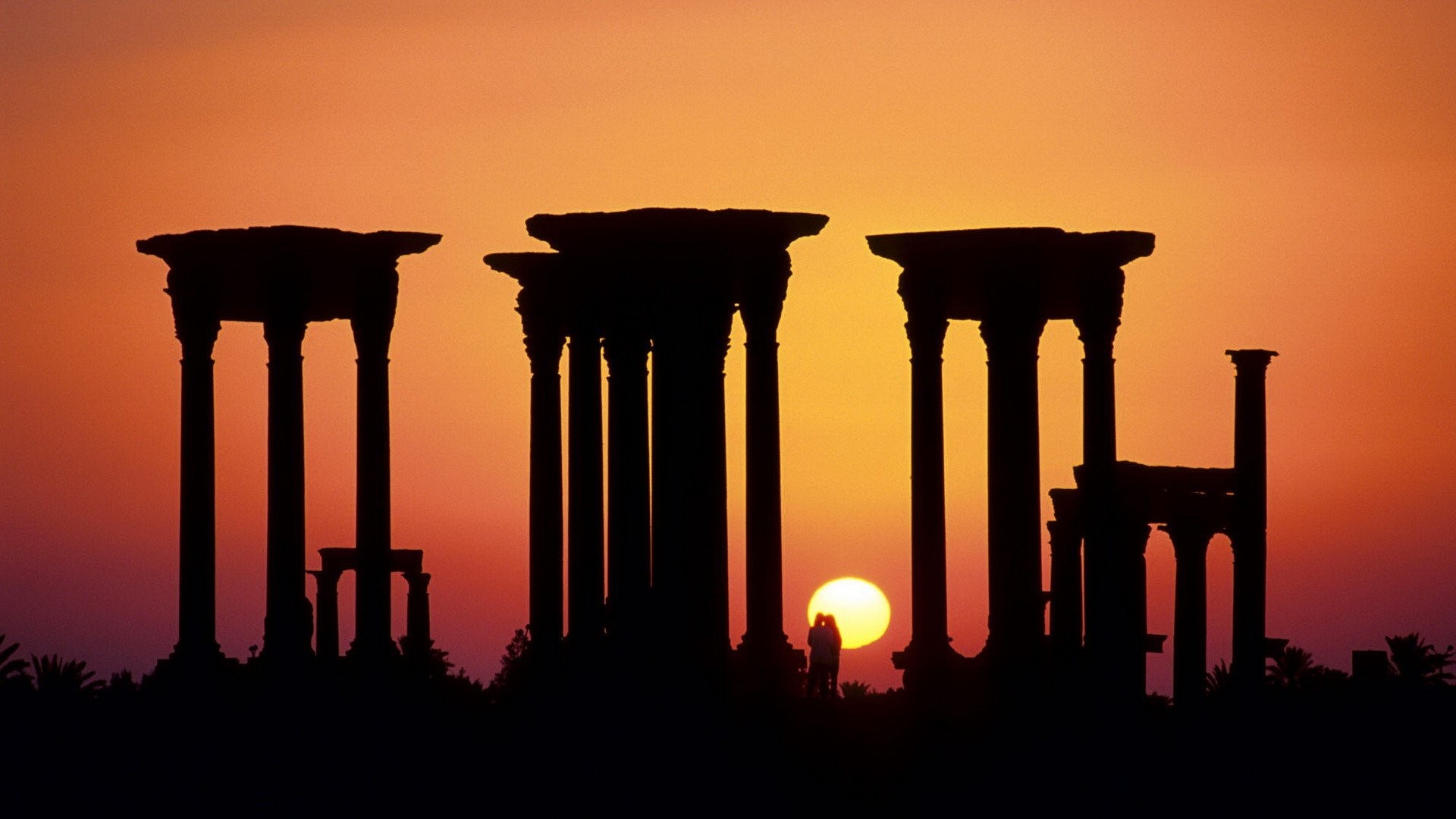
Ancient Greece Wallpaper (55+ pictures)
Ancient Greek Science is a modern term for the application of systematic inquiry into the individual, the world, and the universe, which began in Ionia in the 6th century BCE with Thales of Miletus (l. c. 585 BCE) and continued through the work of the astronomer Ptolemy (l. 100-170 CE) to form the foundation of modern scientific method.
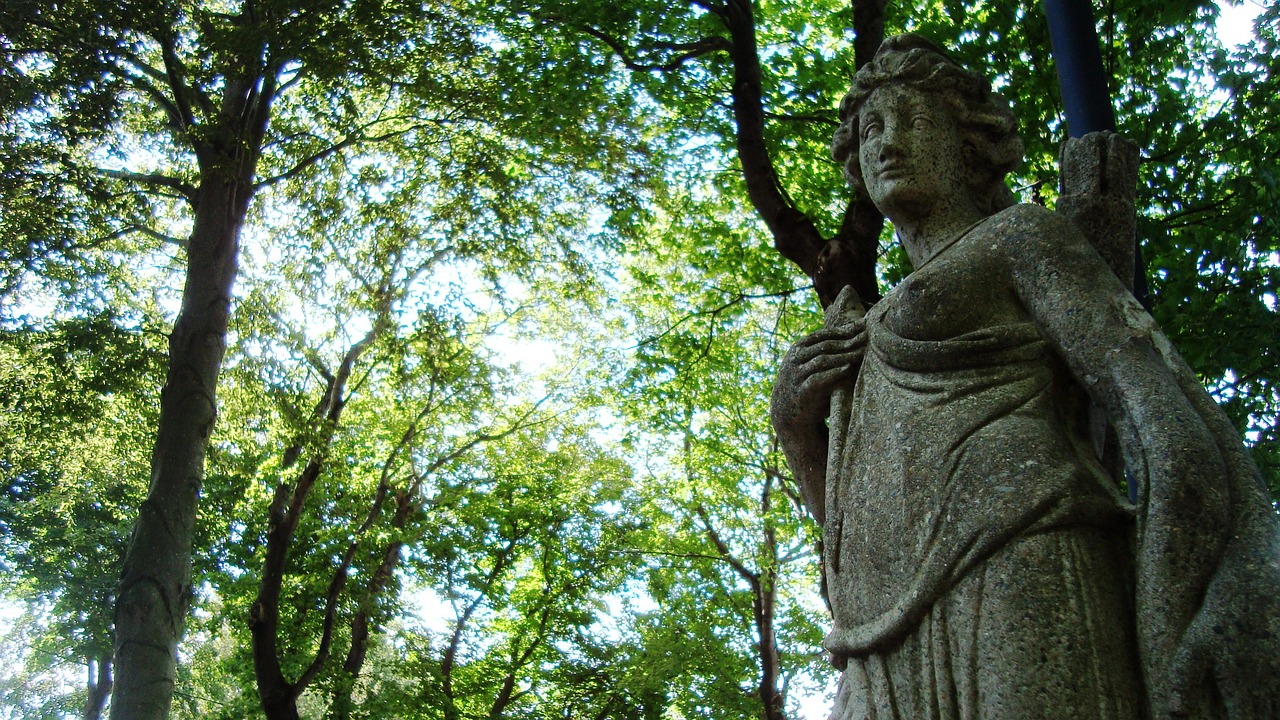
Who is the Greek Goddess of Nature? Mythology
fire · air water · earth The ancient Greek concept of four basic elements, these being earth ( γῆ gê ), water ( ὕδωρ hýdōr ), air ( ἀήρ aḗr ), and fire ( πῦρ pŷr ), dates from pre-Socratic times and persisted throughout the Middle Ages and into the Early modern period, deeply influencing European thought and culture. [5] Pre-Socratic elements

Before Greek Culture, there Was Greek Nature...
Find the deal you deserve on eBay. Discover discounts from sellers across the globe. We've got your back with eBay money-back guarantee. Enjoy Antique greek you can trust.